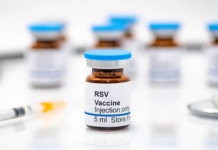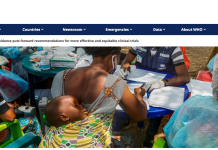GSK’s scientific collaboration with Clover Pharmaceuticals to develop an adjuvanted Covid-19 vaccine has entered into human clinical trials. Clover announced the initiation of phase 1 clinical study evaluating the company’s Covid-19 S-Trimer vaccine (SCB-2019) combined with GSKs pandemic adjuvant system.
Clover Biopharmaceuticals is a China-based, global, clinical-stage, a research-based biotechnology company focused on discovering, developing, and commercializing transformative biologic therapies, focusing on oncology and autoimmune diseases, as well as viral vaccines. The research collaboration between GSK and Clover to develop a Covid-19 vaccine candidate was announced on 24 February 2020.
According to the press note, the study initiation follows promising preclinical results, which demonstrated the beneficial effect of GSKs pandemic adjuvant for the SCB-2019 vaccine candidate, with high neutralizing antibody levels elicited in multiple animal species.
Preliminary safety and immunogenicity results for the Phase 1 study are expected in August 2020. In parallel, the planning for a global Phase 2b/3 vaccine efficacy trial has begun, with initiation targeted later in 2020.
The use of an adjuvant is of particular importance in a pandemic situation. It can reduce the amount of protein required per dose, allowing more vaccine doses to be produced and made available to more people.
GSK has announced several scientific collaborations globally to develop adjuvanted Covid-19 vaccines. GSK expects further studies to begin across the range of its collaborations, including with Sanofi, later this year.
Thomas Breuer, chief medical officer, GSK Vaccines, said, “Our deliberate approach is to combine our proven pandemic adjuvant technology with protein-based Covid-19 vaccine candidates from several collaborators. We believe this holds the promise to produce vaccines at scale, potentially benefiting billions of people. We are encouraged by the preclinical data of this adjuvanted Covid-19 vaccine candidate from Clover and look forward to reviewing the data from this first trial. If this trial is successful, we hope to be in a position to move into more advanced trials later in the year.”









